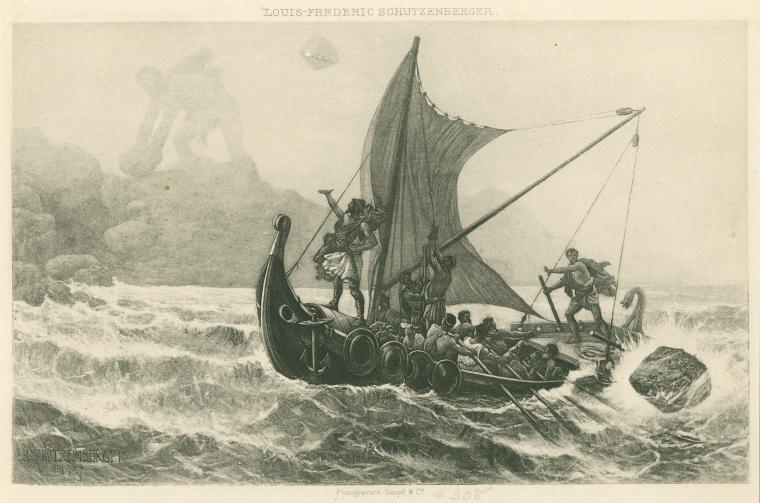As many EconTalk listeners know, host Russ Roberts moved to Jerusalem last year as president of Shalem College. In this episode, jointly released with Conversations with Tyler, Cowen interviews Roberts about his experiences as a new immigrant in Israel. Tyler asks Russ “all the easy questions” about Israeli life, and as you might expect from two polymaths, the ensuing conversation is lively and rich.
We wonder how many of you have stories to share about immigrating as an adult. Perhaps you’re willing to share some of your experiences below. Similarly, we wonder how many of you have experienced a core Great Books curriculum. We’d love to hear about that, too. Cowen asks Russ why there aren’t more universities like Shalem in mature economies (like Israel). We wonder why there aren’t more everywhere!
1- The conversation begins with Israel’s compulsory military service; Cowen asks Roberts if Adam Smith‘s concern regarding the decline of martial spirit in nations with advanced division of labor is justified. How does Roberts answer, and what role does he ascribe to the military as a socializing institution? What might fulfill that role absent military service? Given what you’ve heard, do you think Israel should have a voluntary military? A draft? Explain.
2- How has Shalem’s Great Books approach helped Roberts make sense of his immigration experience? What does Roberts cite as his favorite book, and why? [P.S. This page’s image gives you a hint!] What book has helped you make the most sense of your world, and why?
3- What has Roberts learned about Arabic culture since moving to Israel? How does Roberts suggest members of different world religions could get along better, and why does Cowen call Russ’ answer “a complicated regression?” With whom do you agree more, and why?
4- Cowen queries Russ about the recent deregulation of kosher certification. Why does Roberts think that this move might result in more and cheaper kosher food for Israelis? How does this example relate to Cowen’s later question about secular Israelis free-riding on their more religious fellows?
5- Why do you think Cowen asked Russ whether he’s become more utilitarian in his moral philosophy since moving? How does Roberts describe his view on Jeremy Bentham as part of his answer, and what does his answer suggest about the state of economics generally? How much Bentham have you read, and why does Cowen suggest you should read more?


READER COMMENTS
Carlton M Jones
Feb 14 2022 at 2:29pm
The discussion on volunteer army resonates with me as an American who was subject to the draft for half a dozen years of the Vietnam war.
As much as I disliked the experience, and I was 1A in the draft lottery for a year year in 71, I found having the citizenry subject to the draft created a relationship of mutual responsibility between the people and the governing politicians that I find absent now in the days of the professional army.
During Vietnam, everyone had skin in the game, a son subject to the draft or the son of a neighbor that we knew well. These days politicians to me seem more willing to use the army as an instrument of national acquisition, without responsibility to the Civic virtues of The Republic, or a responsibility to the citizenry for their decisions.
I find this extremely worrying for the possible future of our Republic akin to the decline of a Roman Empire. Thus my favor resumption of the draft, which will remind political leaders that they are responsible to the people, and remind the people that they are responsible for the decisions of the political leaders.
Comments are closed.